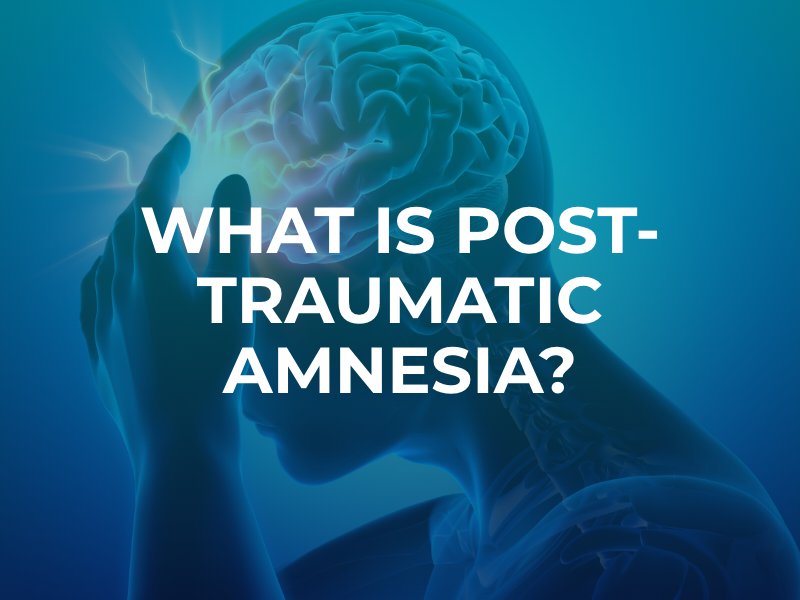What is Post-Traumatic Amnesia?
We have all seen television shows and movies where individuals wake up out of a coma and have no idea who they are. In most cases, these depictions are relatively inaccurate. However, post-traumatic amnesia (PTA) is real.
Here, we want to examine PTA. Specifically, we want to look at what symptoms family members can expect if their loved one comes out of a coma and does experience post-traumatic amnesia. The signs and symptoms of post-traumatic amnesia can be scary to experience for family members, and we hope that this brief article gives you some peace of mind. We strongly encourage you to speak to your loved one’s doctor about PTA.

Post-Traumatic Amnesia after a Coma or Loss of Consciousness
Post-traumatic amnesia usually occurs after an individual sustains a head injury and then slips into a coma. Sometimes, when an individual emerges from a coma after a brain injury, they have very little to no short-term memory loss or disorientation.
However, sometimes, individuals wake up angry, disoriented, agitated, or in a heightened emotional state. In these situations, a person may have very little control over their inhibitions, and they may display a complete disregard for typical social conventions, sometimes with completely bizarre behavior that is nothing like their usual self.
When a person experiences post-traumatic amnesia, this can be stressful for family members and friends. It is important to understand that PTA is a part of the healing process after a person sustains a brain injury and wakes up from a coma.
Medical professionals used to define PTA as individuals being unable to form any new day-to-day memories for either a short or longer period of time after waking up from a coma. However, the definition of post-traumatic amnesia has expanded to include an individual’s disorientation to person, place, and time. Those who wake up inexperienced PTA may not even know who they are, what happened to them, or where they are. PTA victims may be unable to recall basic information, including where they grew up, the names of their parents, or even their own names.
We strongly suggest that family members of those suffering from post-traumatic amnesia or any type of brain injury consult with their loved one’s physician to fully understand how PTA will proceed. The doctor will likely explain that this is a normal part of the recovery process and that memory is often the slowest part of consciousness to “awaken” after a brain injury occurs.
Often, it can take weeks or months for the brain injury survivor to fully access old memories and be able to create new ones, if they are able to do so at all. The general rule that doctors applied to these situations is that PTA will last around three to four times longer than the coma. However, for those who sustained severe brain injuries, it may be the case that there are long-term complications or disabilities that the injury victim and their family members will have to deal with.
Work With an Atlanta Brain Injury Lawyer
If you or somebody you love has sustained a brain injury caused by the careless or negligent actions of another individual, contact an Atlanta brain injury attorney as soon as possible. A lawyer can examine the facts of the case and work with trusted medical experts to properly value the claim, including determining how post-traumatic amnesia has affected the individual’s life.